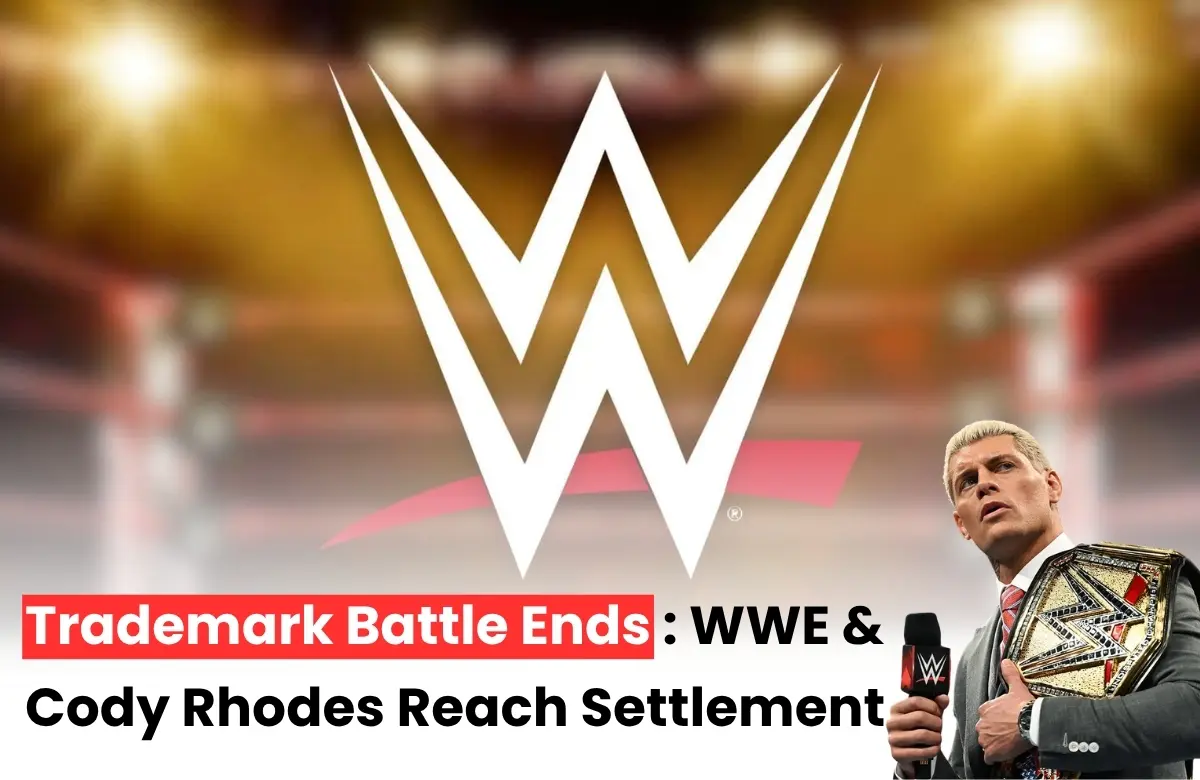
Trademark fights are nothing new—especially in the entertainment world—and WWE’s Cody Rhodes recently found himself in the middle of one. This dispute had plenty of twists, all centered around the phrase “WWE and Cody Rhodes American Nightmare,” a name that plays a huge role in Cody’s wrestling identity. The American Nightmare Trademark Case took several turns before finally reaching a settlement, and it raises some interesting questions about branding, trademarks, and how easily names can collide across industries. Keep reading to find out what sparked this clash, how it unfolded, how it finally wrapped up, and to explore more of the latest IP news from India and around the globe.
How Did the WWE and Cody Rhodes Trademark Dispute Over “American Nightmare” Begin?
To really understand this case, you first need to know how it all started. The story goes back several years, way before anything reached a courtroom. The phrase “American Nightmare” actually belonged to musician Wesley Eisold, who had it trademarked for his hardcore punk band and their merch. Later on, Cody Rhodes started using “The American Nightmare” as his wrestling persona, which naturally created a bit of a trademark clash.
To keep things friendly, Rhodes and Eisold made an agreement in 2021 that let Cody use the name—but with conditions. The biggest rule was that any merch with “American Nightmare” on it had to clearly include Cody’s name, his image, or something wrestling-related so people wouldn’t mix it up with Eisold’s band. Everything seemed fine until Eisold claimed that WWE and its merch partner, Fanatic, broke that agreement by selling items with the phrase, but without a clear reference to Cody. Thinking this caused confusion and violated their deal, Eisold filed a lawsuit in September 2024 against WWE, Cody Rhodes, and Fanatics for trademark infringement and breach of contract. And that’s how the whole legal battle kicked off.
Read Also: Dior’s Trademark for Perfume and Lipstick Bottle Rejected by EUIPO
What Did the Court Decide in the WWE and Cody Rhodes American Nightmare Trademark Case?
When it comes to the court’s decision, there actually wasn’t a dramatic ruling at all—because the case never made it that far. Instead, Cody Rhodes, WWE, Fanatics, and Wesley Eisold decided to settle everything before it went to a full trial. On November 11, 2025, they informed the court that they had reached a deal in principle, so the judge pressed pause on the whole case and temporarily closed it while everyone finished the paperwork. They’re expected to officially drop the lawsuit within 90 days. And since this ended through a private settlement—not a judge’s verdict—we don’t know the exact details, like whether money was involved or whether WWE needs to tweak future “American Nightmare” merch.
Understanding this American Nightmare Trademark Case is important because it shows how even huge companies and well-known stars can get caught up in trademark infringement problems when names cross over into different industries. The “American Nightmare” situation highlights how seriously branding and merchandise rules are taken—especially in entertainment, where one phrase can represent a huge part of a performer’s identity and merch sales. This case gives us a real-life look at how trademarks work, why agreements must be followed closely, and how easily confusion between brands can lead to legal trouble. It’s a good reminder of how big a role intellectual property plays behind the scenes in music, sports, and entertainment.
Conclusion
The American Nightmare trademark case shows just how messy branding can get, especially when names cross over between music, sports, and entertainment. While the lawsuit didn’t end with a dramatic courtroom ruling, the settlement brings the clash to a quiet close—and lets WWE and Cody Rhodes move forward without more legal drama. It’s a good reminder that even big stars and big companies have to play by trademark rules, and that a simple name can spark a major fight.
Read Also: USPTO Gives More Time for Public Feedback on One Challenge Patent Rulemaking
